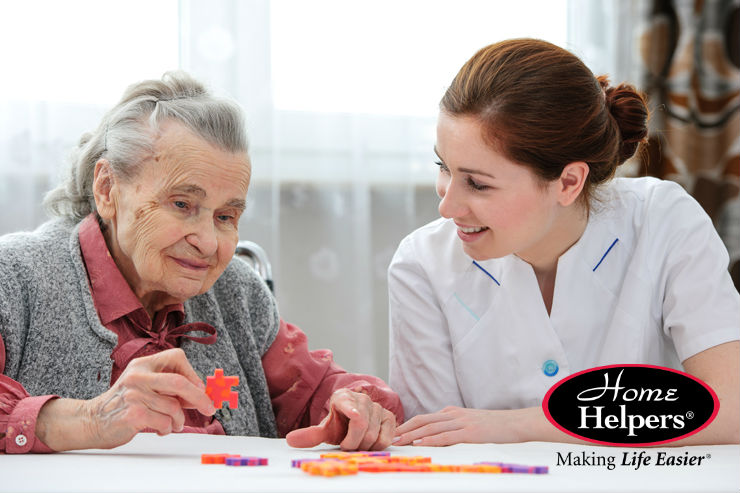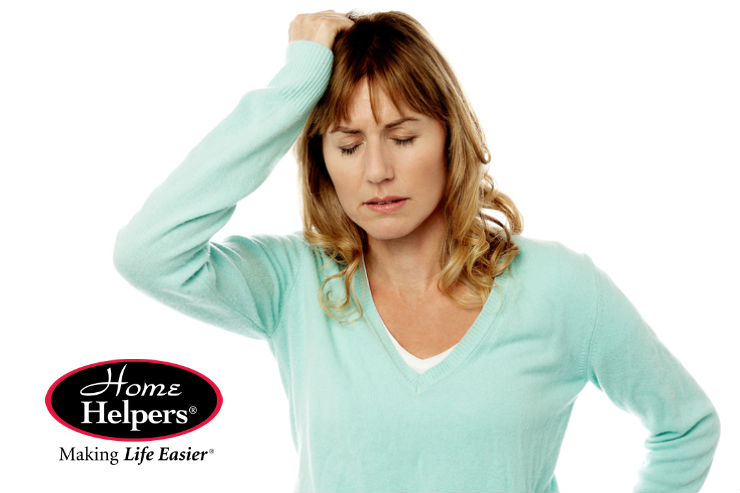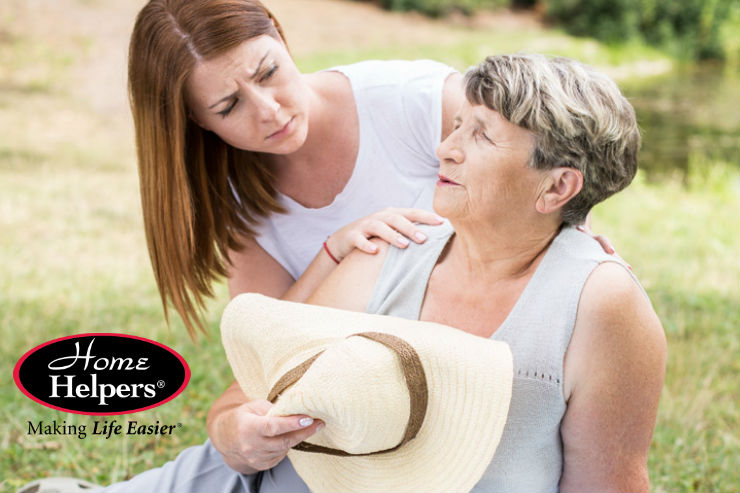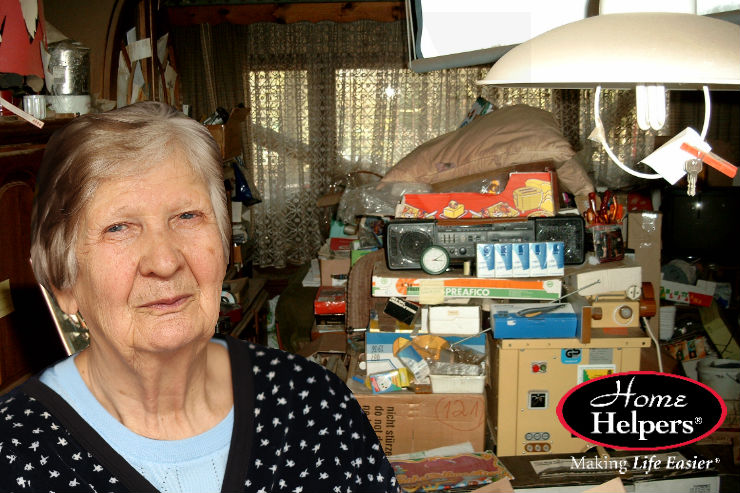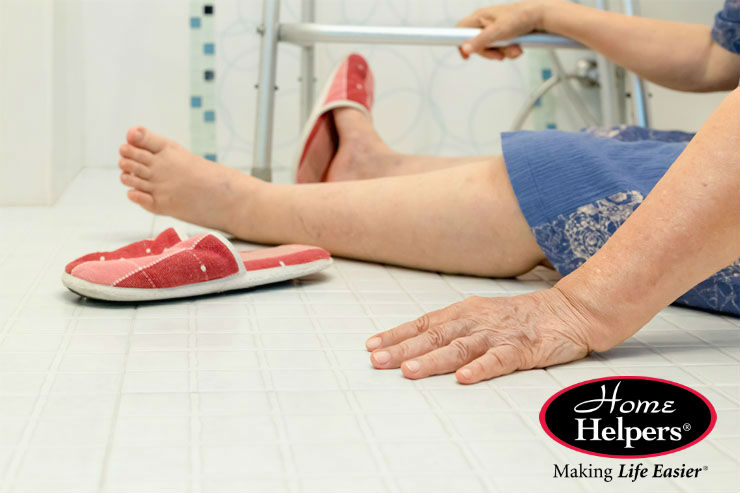With more and more baby boomers growing older, the time has come for many of them to begin thinking about senior care. Most people want to remain in the comfort of their home, sleeping in their own bed for as long as they can. Nobody wants to think of being in a senior care facility long-term, and with senior home care options, they may not have to.
Senior home care covers more than just light housekeeping and distribution of medications. It spans help with mobility problems, dietary concerns, dementia care, and even chronic or terminal medical conditions.
Before you make the decision to hire a senior health care agency, there are a few things you should check into. Following is a list of important check points to help you get the best home care possible.
Proper Licensing
Every state has its own regulations to properly monitor agencies that provide senior home care. Making sure they are properly licensed will ensure they have passed required inspections, as well as cooperating with all federal guidelines. Contact your state’s health department to obtain an approved list of senior care services.
Accurate Servicing
Getting the right services will ensure that you don’t have to contact multiple agencies or caregivers to cover the services needed for your senior. Any agency will provide a list of their services, but take the time to make sure they provide what you and your loved one’s doctor deem to be the most important services.
Hours of Availability
Make sure you understand exactly when the hours of care will be. Some agencies do provide round-the-clock care, so if you need this service, be sure to ask if it is available. You may also want to ask how many workers will cover any given shift. Sometimes, it’s not the same person for the entire time, so you’ll want to make sure your senior loved one is comfortable with everyone who cares for them.
Familiarize Yourself With Their Emergency Policy
It’s always better to be safe than sorry. Accidents do happen, so make sure you know what the protocol is should it happen while caring for your senior family member. You’ll want caregivers who are calm, responsible and able to think quickly. Procedures for accidents and emergencies can be provided, so be sure to ask for them!
Understand the Care Plan
When interviewing any nurse or caregiver, make sure you and your elderly loved one receiving care feel heard and understood. Any reputable agency will strive to make the entire family feel comfortable and take all the time necessary to answer questions and address concerns.
Make sure you understand the care plan. How many hours will the care provider be there? Will they administer all medications? Will the care include personal care/hygiene? These are all good questions to ask!
Methods of Payment
Finally, always make sure you and your senior family member understand how the senior home care will be paid for. Senior services can be covered in many different ways, so find out if the agency you choose accepts Medicare, Medicaid or private health insurance. Some will even work with military benefits. If none of these options are viable in your case, you’ll need to create a payment plan.
Do your homework and ask lots of questions! It only takes a little digging to find out violations or other concerns. Take the time you need to interview several home care workers and makes sure there is a good rapport there. Above all else, your senior loved one needs to feel loved and taken care of!
Call Home Helpers today for more information on senior home health care.

